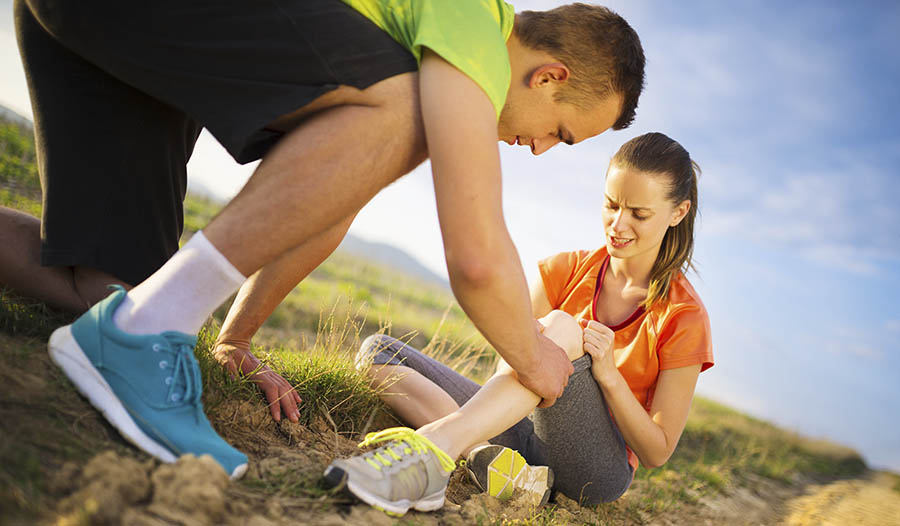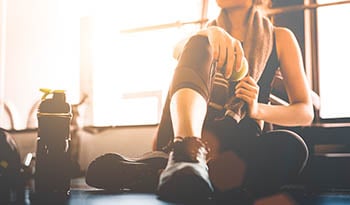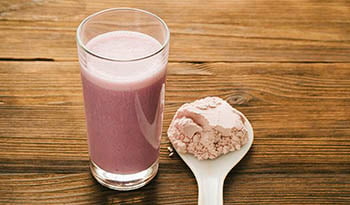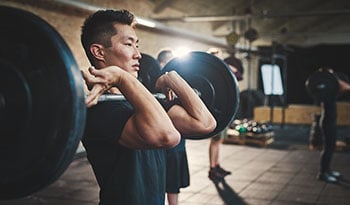4 Natural Ways To Promote Healing From Sports Injuries
DISCLAIMER:This blog does not intend to provide diagnosis...

After a sports injury or sprain, immediate first aid is very important. Here is a summary of the approach:
- Rest the injured part as soon as it is hurt to avoid further injury.
- Ice the area of pain to decrease swelling and bleeding.
- Compress the area with an elastic bandage to limit swelling and bleeding.
- Elevate the injured part above the level of the heart to increase the drainage of fluids out of the injured area.
But that’s not all you can do. In the next few days after injury, you can greatly improve recovery time by taking nutrients that decrease inflammation and speed healing. Here are four especially good strategies:
1. Healing vitamins and minerals
Several nutrients are important for the promotion of healing. Vitamin C supplementation is important since vitamin C plays a major role in the prevention and repair of injuries. Deficiency of vitamin A is associated with defective maintenance of tendon and bursal tissues. In addition to C, vitamin A, zinc, vitamin E, and selenium are also important, not only for their wound-healing properties but also for their antioxidant effects.
2. Flavonoids
Flavonoids, a group of plant pigments responsible for the colors of many fruits and flowers, are extremely effective in reducing inflammation and strengthening collagen structures. Collagen is a major protein in tendons and other connective tissues. Flavonoids help maintain a healthy collagen structure by (1) decreasing blood vessel permeability, thereby decreasing the influx of inflammatory mediators into areas of damage; (2) preventing free radical damage by means of their potent antioxidant properties; (3) inhibiting damage to collagen tissue caused by enzymes that break down collagen; (4) inhibiting the release of inflammatory chemicals; and (5) reinforcing the natural cross-linking of collagen fibers to make them stronger. Great sources of flavonoids are pine bark or grape seed extract. It’s recommended to take 150 to 300 mg daily.
3. Bromelain and other proteolytic enzymes
Bromelain, the protein-digesting enzyme complex of pineapple, has been reported to exert a wide variety of beneficial effects, including reducing inflammation in cases of sports injury or trauma and preventing swelling after trauma or surgery. One of the most interesting studies that used bromelain to treat sports-related injuries involved 146 boxers. Seventy-four received bromelain; in 58, all signs of bruising cleared completely in four days. Among the 72 boxers who did not take bromelain, at the end of 4 days only 10 had completely healed of their bruises; the remainder took 7 to 14 days to heal completely. Impressive! It’s recommended to take 200 to 500 mg twice daily between meals.
4. Curcumin
Curcumin, the yellow pigment of turmeric, possesses excellent anti-inflammatory and antioxidant effects. Curcumin has been found to be as effective as cortisone or the potent anti-inflammatory drug phenylbutazone in animal studies. However, while cortisone and phenylbutazone are associated with significant toxicity, curcumin is without side effects. One concern regarding curcumin has been absorption, but there now exist a number of methods and products that enhance the absorption of curcumin. One of those methods is complexing the curcumin with soy phospholipids to produce a product called Meriva. Studies with another advanced form of curcumin, Theracurmin, show even greater absorption (at least 27 times greater than regular curcumin). Follow label instructions with either of these enhanced forms.
If you’ve sustained a sports injury that feels serious, you will definitely want to see a doctor. There are also a number of physical therapy techniques that can be quite helpful in speeding recovery and relieving pain. But you can get a jump start on the healing process yourself using these four natural strategies.

 By Dr. Michael Murray, N.D.
By Dr. Michael Murray, N.D. 


